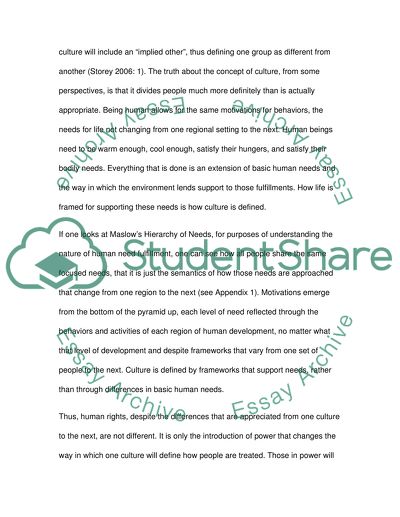Cite this document
(“How important are cultural values in the formation of human rights Essay”, n.d.)
Retrieved from https://studentshare.org/environmental-studies/1419279-how-important-are-cultural-values-in-the-formation
Retrieved from https://studentshare.org/environmental-studies/1419279-how-important-are-cultural-values-in-the-formation
(How Important Are Cultural Values in the Formation of Human Rights Essay)
https://studentshare.org/environmental-studies/1419279-how-important-are-cultural-values-in-the-formation.
https://studentshare.org/environmental-studies/1419279-how-important-are-cultural-values-in-the-formation.
“How Important Are Cultural Values in the Formation of Human Rights Essay”, n.d. https://studentshare.org/environmental-studies/1419279-how-important-are-cultural-values-in-the-formation.


